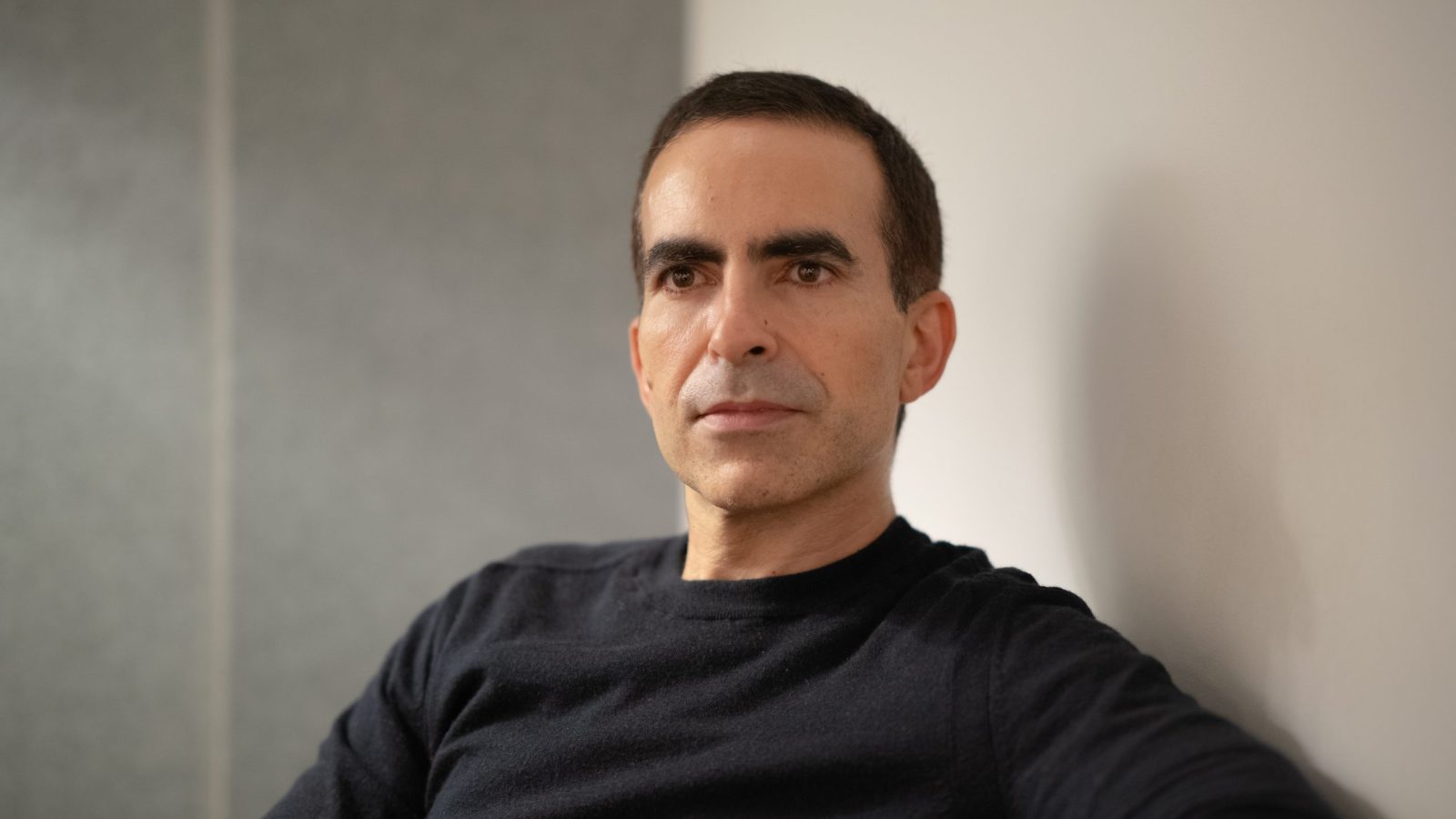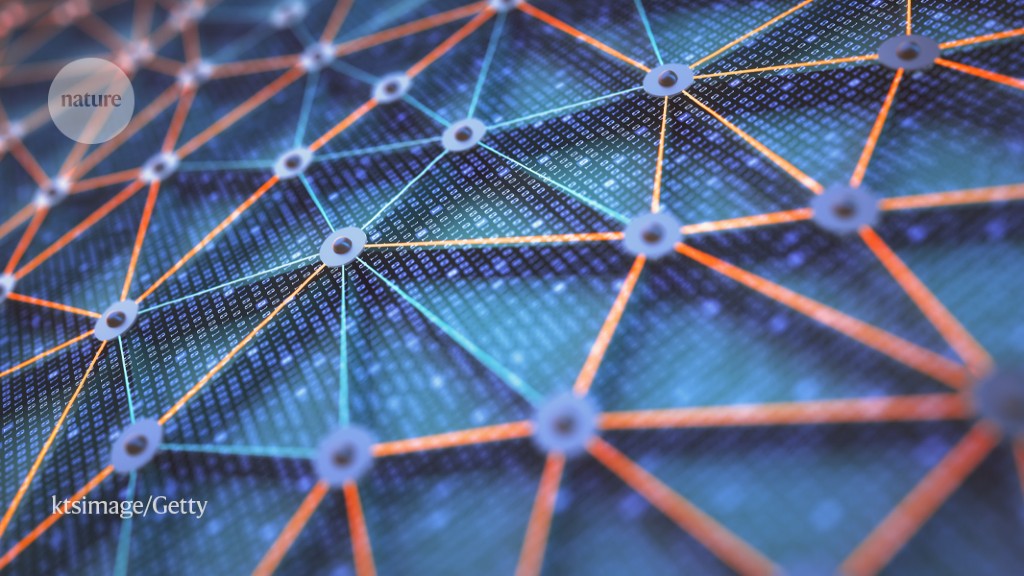Agent Hospital is a simulacrum of hospital with evolvable medical agents alrighty then. And an excuse to use the word "simulacrum".
"Once arrived the Agent Hospital, the patient's journey begins at the triage station. Patients arrive and describe their symptoms to the nursing agents. The instructions guide the nursing staff in their decision-making, enabling them to direct patients to the appropriate specialist departments where medical professional agents are available to conduct further diagnostics."
"After the initial assessment, patients follow the advice from the triage station and proceed to register at the registration counter. They then wait in the designated waiting area for their consultation turn with the specialists from the respective departments."
"When it is their turn for consultation, patients engage in a preliminary dialogue with the physician agents to describe their symptoms and the duration since onset. The physician then determines which medical examination is needed to investigate the cause and assist with diagnosis and treatment. In the current version, only one type of medical examination will be conducted for each patient based on the decisions made by doctor agents."
"After receiving the prescribed list of medical examinations, patients proceed to the relevant department to undergo the tests. The resulting medical data which are pre-generated by LLM are subsequently presented to the patient and the doctor. This process designed to mimic real-time diagnostic feedback, aligns with the presentation of symptoms."
"Subsequent to the medical examination, patients are guided to the respective department where physician agents undertake the diagnostic process. Patients disclose their symptoms and share the results of the medical examination with the physician agents, who then undergo diagnostic processes based on a predefined disease set. The diagnostic result is promptly communicated back to the patient, showcasing the model's capacity to integrate complex medical data and its advanced diagnostic ability."
"The medical agent is presented with the patient's symptoms, results from medical examinations and the diagnosis of the disease they made. In addition, three distinct treatment plans tailored to mild, moderate, and severe conditions are also provided. The doctor is then tasked with selecting the appropriate plan from the mild, moderate, or severe options, according to the patient's specific needs. If any medicine is prescribed, patients proceed to the dispensary to collect it."
"At the end of the diagnostic and treatment process, the patient provides feedback or updates on their health condition for follow-up actions. To mimic the dynamic progression of diseases accurately, the LLM-enhanced simulation involves a few key steps: doctors devise treatment plans based on the patient's detailed health information and test results, and then these details -- specifically the patient's symptoms, the prescribed treatment plan, and the diagnosed disease are incorporated into a template for simulation."
Ok, as you can see, quite an elaborate simulation. But how do the medical agents actually learn? The whole point of doing all this is to get medical agents that actually learn. Here's what they say (big chunk of quotes to follow):
"Doctor agents continuously learn and accumulate experience during the treatment process in Agent Hospital, thereby enhancing their medical capabilities similar to human doctors. We assume that doctor agents are constantly repeating this process during all working hours."
"Apart from improving their skills through clinical practice, doctor agents also proactively accumulate knowledge by reading medical documents outside of work hours. This process primarily involves strategies to avoid parametric knowledge learning for agents."
"To facilitate the evolution of LLM-powered medical agents, we propose MedAgent-Zero strategy MedAgent-Zero is a parameter-free strategy, and no manually labeled data is applied as AlphaGo-Zero."
"There are two important modules in this strategy, namely the Medical Record Library and the Experience Base. Successful cases, which are to be used as references for future medical interventions, are compiled and stored in the medical record library. For cases where treatment fails, doctors are tasked to reflect and analyze the reasons for diagnostic inaccuracies and distill a guiding principle to be used as a cautionary reminder for subsequent treatment processes."
"In the process of administering treatment, it is highly beneficial for doctors to consult and reference previously validated medical records. These medical records contain abundant knowledge and demonstrate the rationale behind accurate and adequate responses to diverse medical conditions. Therefore, we propose to build a medical record library for doctor agents to sharpen their medical abilities, including historical medical records from hospital practices and exemplar cases from medical documents."
"Learning from diagnostic errors is also crucial for the growth of doctors. We believe that LLM-powered medical professional agents can engage in self-reflection from these errors, distilling relevant principles (experience) to ensure correct diagnoses when encountering similar issues in future cases."
"If the answer is wrong, the agent will reflect the initial problem, generated answer, and golden answer to summarize reusable principles. All principles generated are subject to a validation process. Upon generation, the principle is integrated into the original question which was initially answered incorrectly, allowing medical professional agents to re-diagnose. Only if the diagnosis is correct will the principle be added to the experience base."
"To eliminate the influence of noise and maximize the utilization of the experience base, we incorporate additional judgment when utilizing experience. This judgment involves evaluating whether the top-K experience retrieved based on semantic similarity are helpful for the treating process. Helpful experience will be incorporated into the prompt, while unhelpful experience will be excluded."
Ok, so, kind of analogous to how our chatbots are originally pretrained (by self-supervised training) transformers that get further training from a reinforcement learning system called RLHF (reinforcement learning through human feedback), here we also have a LLM-based system where reinforcement learning is employed (albeit in a different way) to further train the LLMs.
I have mixed feelings about this. There's part of me that says this is a silly exercise, unlikely to produce anything reliable enough to be useful, and another part of me that says, yeah, but this could be the beginning of how all hospitals are run 20 or 30 years in the future.
Agent Hospital: A simulacrum of hospital with evolvable medical agents
#solidstatelife #ai #genai #llms #medicalai #reinforcementlearning #rl





